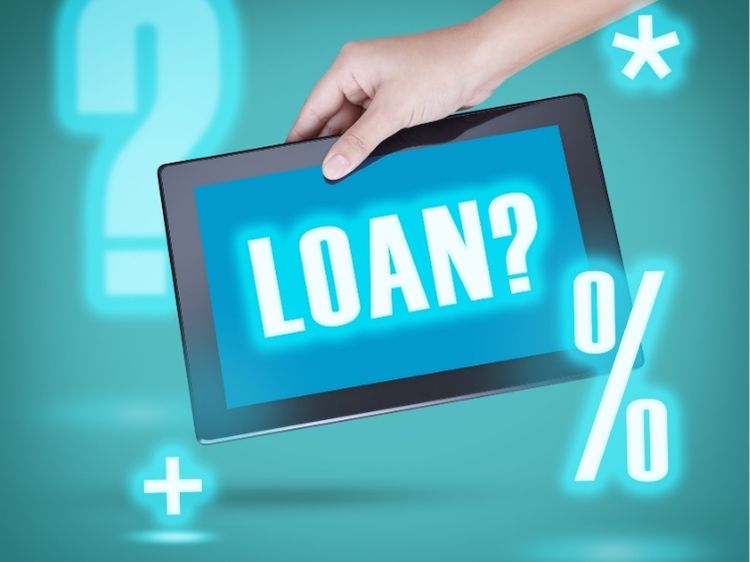Understanding Loans for Bad Credit
Life can throw unexpected financial curveballs, and when your credit score isn’t perfect, borrowing money might feel like an uphill battle. Whether it’s due to past financial missteps or unforeseen circumstances, bad credit can make securing loans more difficult, but not impossible. So, how can you get a loan if your credit score has taken a hit? The good news is, there are plenty of options available for people with bad credit—you just need to know where to look and what to expect.
In this guide, we’ll explore loans for bad credit, how they work, the types available, and some tips to improve your chances of approval. So, grab a cup of coffee, and let’s dive in!
What Are Loans for Bad Credit?
Bad credit loans are specifically designed for individuals with poor credit scores or limited credit histories. Lenders offering these loans understand that traditional criteria may not apply to everyone, so they evaluate other factors to determine eligibility. These loans can be used for a variety of purposes, like covering emergencies, consolidating debt, or even funding a significant purchase.
However, it’s important to note that loans for bad credit often come with higher interest rates and more stringent repayment terms compared to loans for individuals with good credit. But don’t worry, with the right knowledge, you can still secure a loan that fits your needs.
Types of Loans for Bad Credit
Let’s break down some of the most common types of loans available for those with bad credit.
1. Secured Personal Loans
Secured loans require collateral—something of value that you own, such as a car or home. The lender can seize this asset if you fail to repay the loan. The upside? Since there’s less risk to the lender, secured loans tend to have lower interest rates, even for borrowers with bad credit.
2. Unsecured Personal Loans
Unlike secured loans, unsecured loans don’t require collateral. However, since these loans are riskier for lenders, they tend to come with higher interest rates. Still, if you don’t have assets to offer as collateral, unsecured loans can be a viable option for funding.
3. Payday Loans
Payday loans are short-term, high-interest loans designed to be paid back with your next paycheck. While they may seem convenient, payday loans can trap you in a cycle of debt due to their astronomical interest rates. It’s essential to carefully consider whether this option is right for you before borrowing.
4. Credit Union Loans
If you’re a member of a credit union, you may have access to lower interest loans, even if your credit isn’t stellar. Credit unions often offer more flexible terms and can be a great resource when traditional banks won’t approve you.
5. Co-signed Loans
If you have a friend or family member with good credit who’s willing to co-sign a loan with you, it can increase your chances of approval and potentially lower your interest rate. However, remember that your co-signer is equally responsible for the loan if you default.
How to Improve Your Chances of Getting Approved
Getting approved for a loan with bad credit is entirely possible, but there are a few strategies you can use to boost your chances. Check out these tips:
1. Check Your Credit Report
Before applying for a loan, it’s essential to review your credit report. Mistakes happen, and errors on your credit report can drag down your score. If you find any inaccuracies, dispute them right away.
2. Opt for Pre-qualification
Some lenders offer a pre-qualification process, which allows you to see if you’re eligible for a loan without affecting your credit score. This is a good way to shop around without damaging your credit further.
3. Pay Down Existing Debt
Your debt-to-income ratio plays a significant role in whether lenders will approve your loan application. Paying off some existing debts can help lower this ratio and make you a more attractive candidate.
4. Consider a Co-signer
As mentioned earlier, having a co-signer with a better credit score can significantly improve your chances of getting approved. Plus, it can lead to more favorable loan terms.
5. Shop Around
Every lender has different criteria, so don’t settle for the first loan offer you get. Take your time and compare options to find a loan with terms that work for you.
What to Watch Out For
While loans for bad credit are available, it’s essential to be cautious. Some lenders target individuals with poor credit by offering loans with predatory terms. Here’s what to keep an eye on:
1. Extremely High Interest Rates
It’s common for bad credit loans to have higher interest rates, but if the rate seems excessive, you might want to look elsewhere. Always compare rates from multiple lenders before committing.
2. Prepayment Penalties
Some loans come with fees for paying off the loan early. Be sure to read the fine print to avoid any nasty surprises down the road.
3. Scams
Unfortunately, people with bad credit are sometimes targeted by scammers offering “guaranteed” loans with no credit check. Remember, if it sounds too good to be true, it probably is.
FAQs About Loans for Bad Credit
Q: Can I get a loan with a credit score below 600?
A: Absolutely. While your options might be more limited, many lenders specialize in loans for bad credit, offering loans to people with scores as low as 500.
Q: Are there alternatives to bad credit loans?
A: Yes! Alternatives include borrowing from family or friends, credit card advances, or even seeking assistance from local non-profits or charities.
Q: Will taking a loan for bad credit improve my credit score?
A: It can! Making timely payments on your loan will be reported to the credit bureaus, which can help boost your credit over time.
Q: How long does it take to get approved for a bad credit loan?
A: Approval times vary by lender, but many online lenders offer quick approvals, often within 24-48 hours.
Conclusion: Weighing Your Options
Loans for bad credit may seem like a risky proposition, but with the right approach, they can provide much-needed financial relief. Whether you need funds to cover an emergency or consolidate existing debt, there are several options available—even if your credit is less than perfect. Just remember to shop around, read the fine print, and consider your ability to repay before committing to any loan.
By taking these steps, you’ll not only increase your chances of securing a loan but also set yourself up for success in managing it. After all, the goal isn’t just to get the loan—it’s to use it as a stepping stone towards better financial health.



